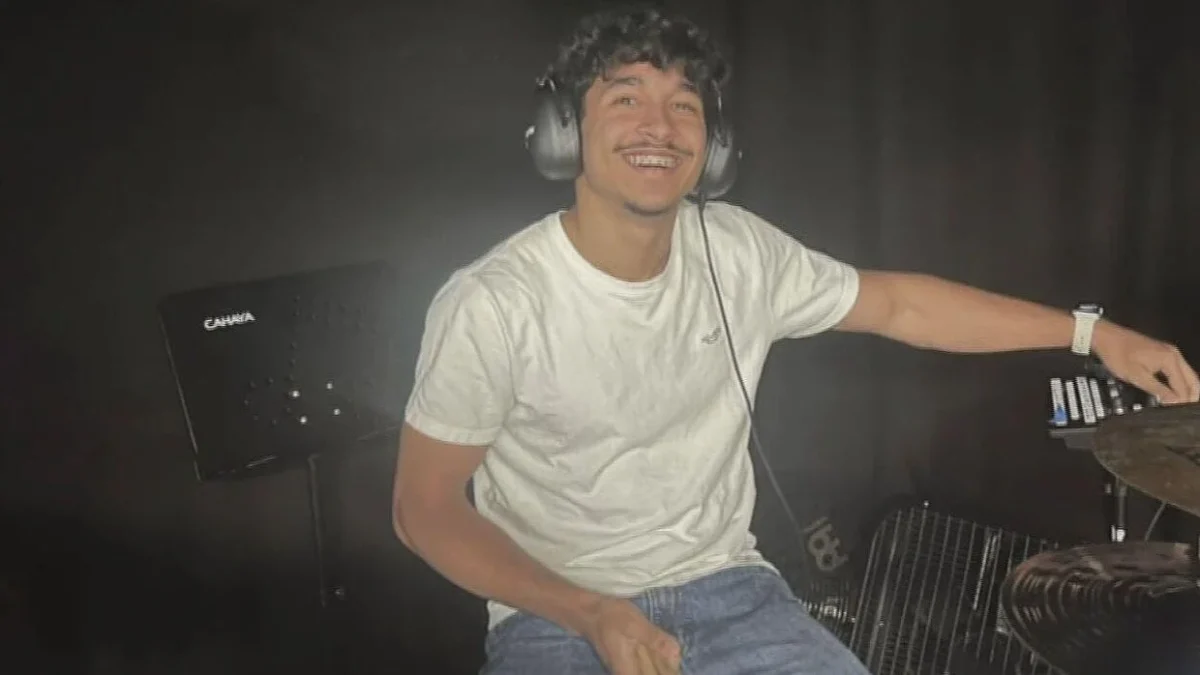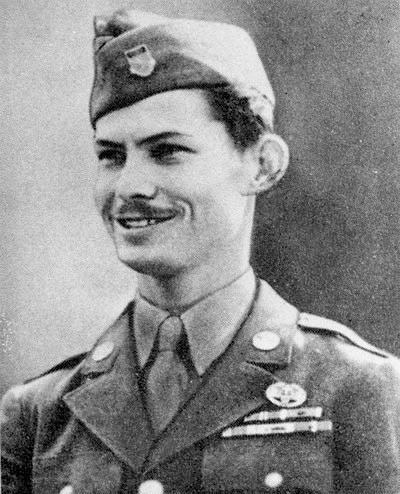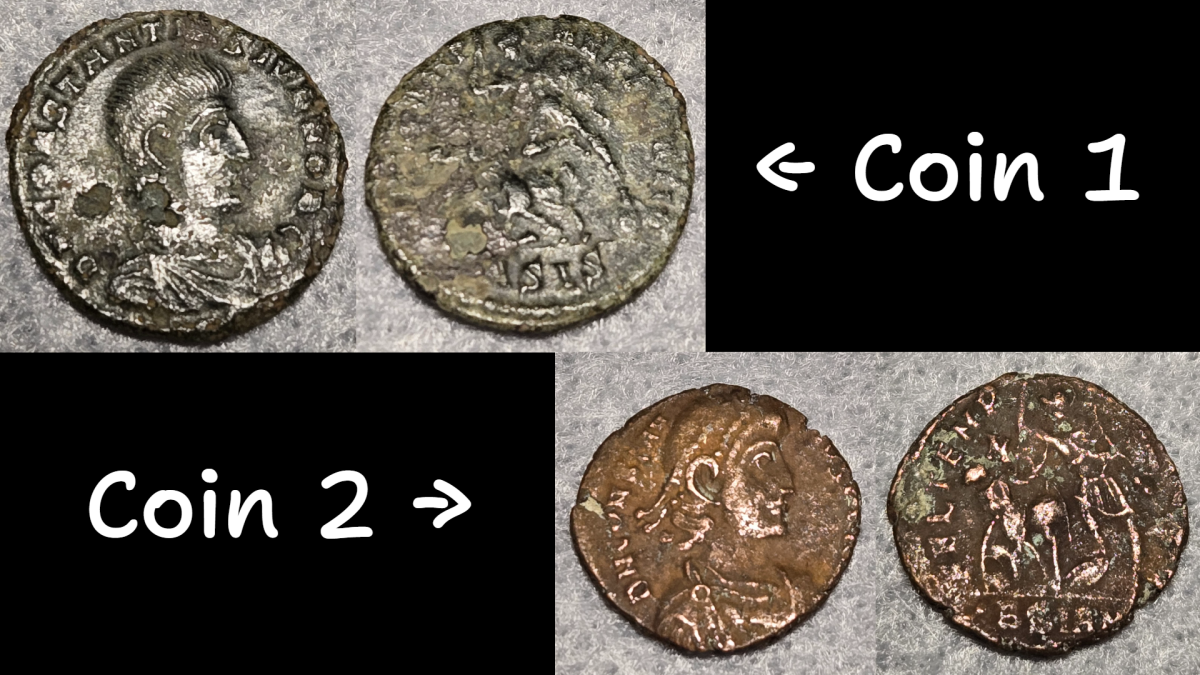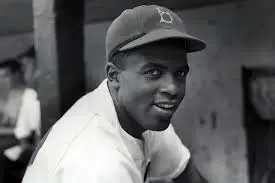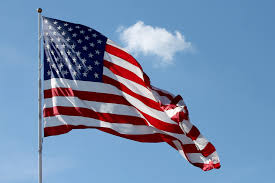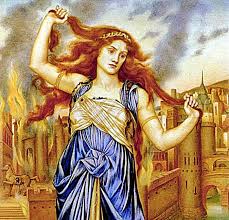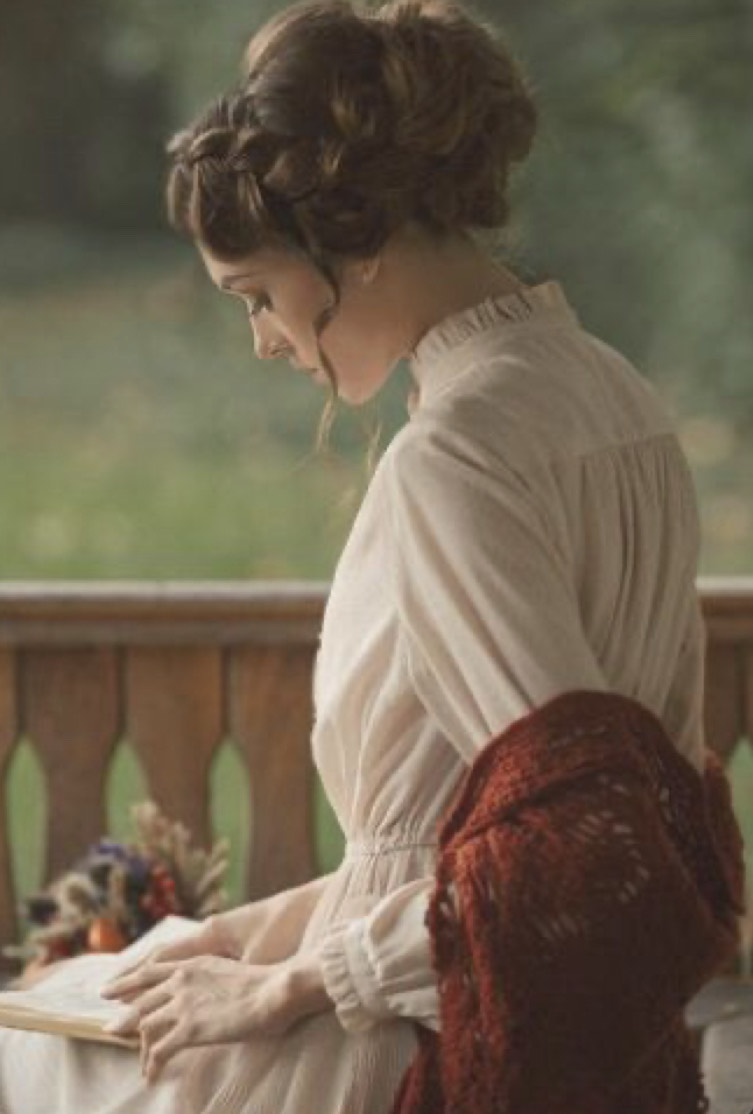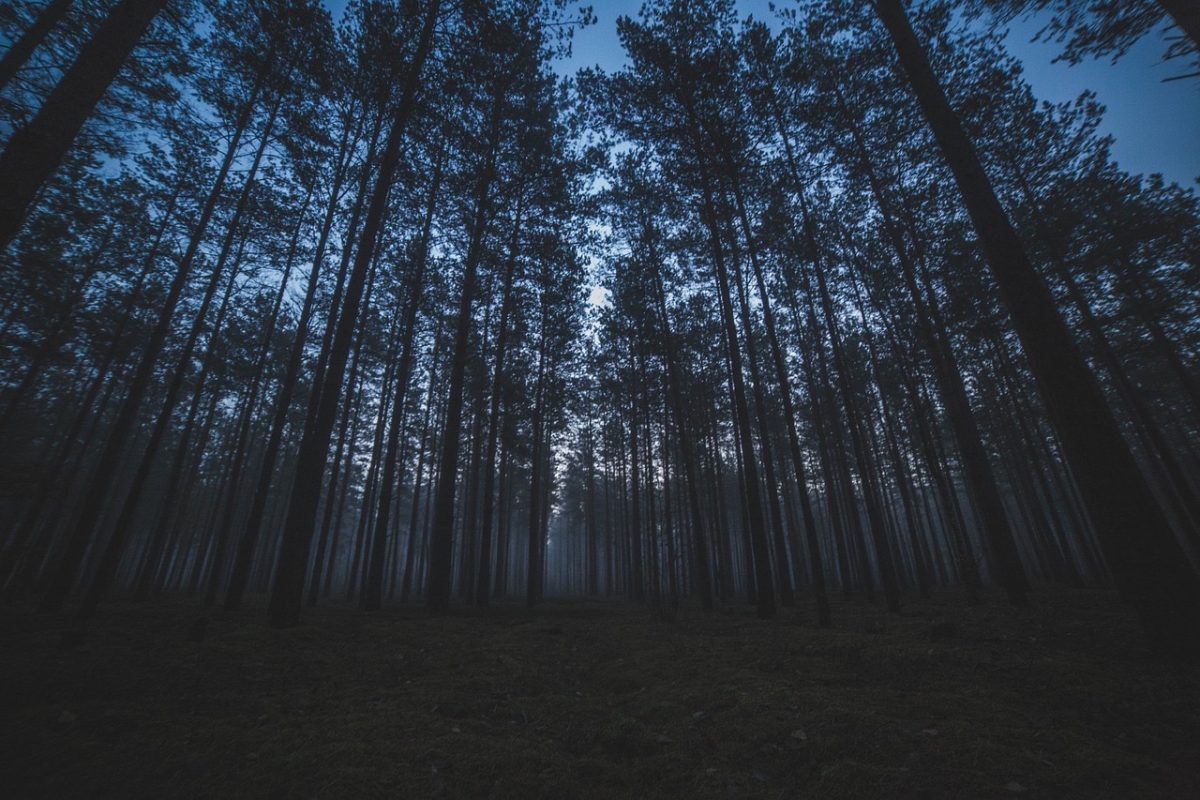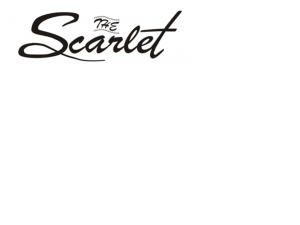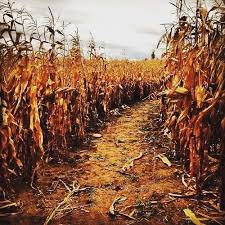Desmond Doss grew up in Lynchburg, Virginia. He was a Seventh Day Adventist, which means he didn’t believe in violence and while he was in the military he chose not to use any weapons. Before he had enlisted into the military he worked as an industry worker and had been told he didn’t need to enter the military. However, he wanted to serve his country and help those in need so he chose to enlist in the Army Medical Corp noncombat.
While he was there he was ridiculed endlessly for his refusal to hold a weapon and because he didn’t work on the seventh day of the week, this caused boot camp to be difficult for him. He was often threatened and harassed by people who didn’t respect his choices involving his region. Many other people who were at the boot camp would throw shoes at him during his prayers and had tried to get him transferred. from their unit.
Doss ignored all of them and ended up serving with the 307th infantry, 77th Infantry division.
In late April of 1945, Desmond’s division got called to help fight near Urasoe Mura, Okinawa. It was the last and biggest campaign in the pacific. The battalion were tasked to use cargo nets to climb a 400 foot high cliff named Hacksaw Ridge, to get to a plateau. Once they reached the top, thousands of armed Japanese soldiers were waiting for them in hidden caves and holes.
Since Doss was a medic he had to be on the lookout for any injured soldiers while he was on Hacksaw. He had to try to heal them quick enough for them to get back to fighting or to be brought down to get proper treatment. He had treated several soldiers and wrapped their wounds in front of the enemy before bringing them to safety.
A week into the fight, Doss became the only medic available to continue with the remaining men, who were close to winning the battle. However it was his sabbath, the seventh day of the week, a day of rest. Doss joined anyway, before going up he took a moment to pray for the soldiers going up, hoping that when they came back, it was alive.
The Japanese concentrated massive artillery and other heavy fire arms on them when they had gone up. This assault had left many dead and injured. The soldiers that were alive were brought down and driven back down the escarpment. Except for Doss, he chose to stay and help the wounded. In a couple hours of Doss being up there alone, he had treated and dragged them to the edge of the cliff and lowered them to safety by himself with a single rope sling meant for him. After each successful delivery, he was reported saying, “Dear God, let me get just one more man.”
By night time, he had saved 75 soldiers, some of those people included men who had made boot camp difficult for him.
His fearless behavior didn’t stop though, later as Americans continued their slow advance, Doss was injured by a grenade, instead of asking for help by another medic, he had treated himself and waited several hours before he was rescued. Once he was rescued and carried back to the aid on a stretcher, his station was attacked again. He insisted another man, who was also badly injured, be given his stretcher.
As he continued on the route to the aid, he was shot by a sniper, shattering his arm. He managed to make a splint out of a rifle stock and eventually went to the aid station for treatment.
Many were confused about Doss’ whereabouts, so they had reported him dead. The news had made it to his hometown, where it hit the front page. Doss ended up clearing the confusion by writing to his mom saying he was, in fact, breathing and alive.
Once he was brought back to the United States, he had the bullet removed from his shattered arm. After his surgery, he went to Washington D.C., once he was there President Harry Turnman placed the Medal of Honor around his neck.
During his career in the military, he received the three Purple Heart and two Bronze stars, without ever needing to injure another human or shoot a gun.
The men who had once made boot camp difficult for him, later praised him after the war, “He was one of the bravest persons alive, and then to have him end up saving my life was the irony of the whole thing,” said Capt. Jack Glover in a documentary about Desmond T. Doss’ life. Originally Glover didn’t want a man who wouldn’t shoot a gun in his unit.
Doss died on March 23, 2006 at 87, he was proud of his service, saying being a medic was “the most rewarding work there is”.
Currently he is the first conscientious objector to receive the Medal of Honor. He also has two movies made about him, “Hacksaw Ridge” and “The Conscientious Objector”. The movie “Hacksaw Ridge” was made in 2016 and it received two unforgettable Oscar awards.
